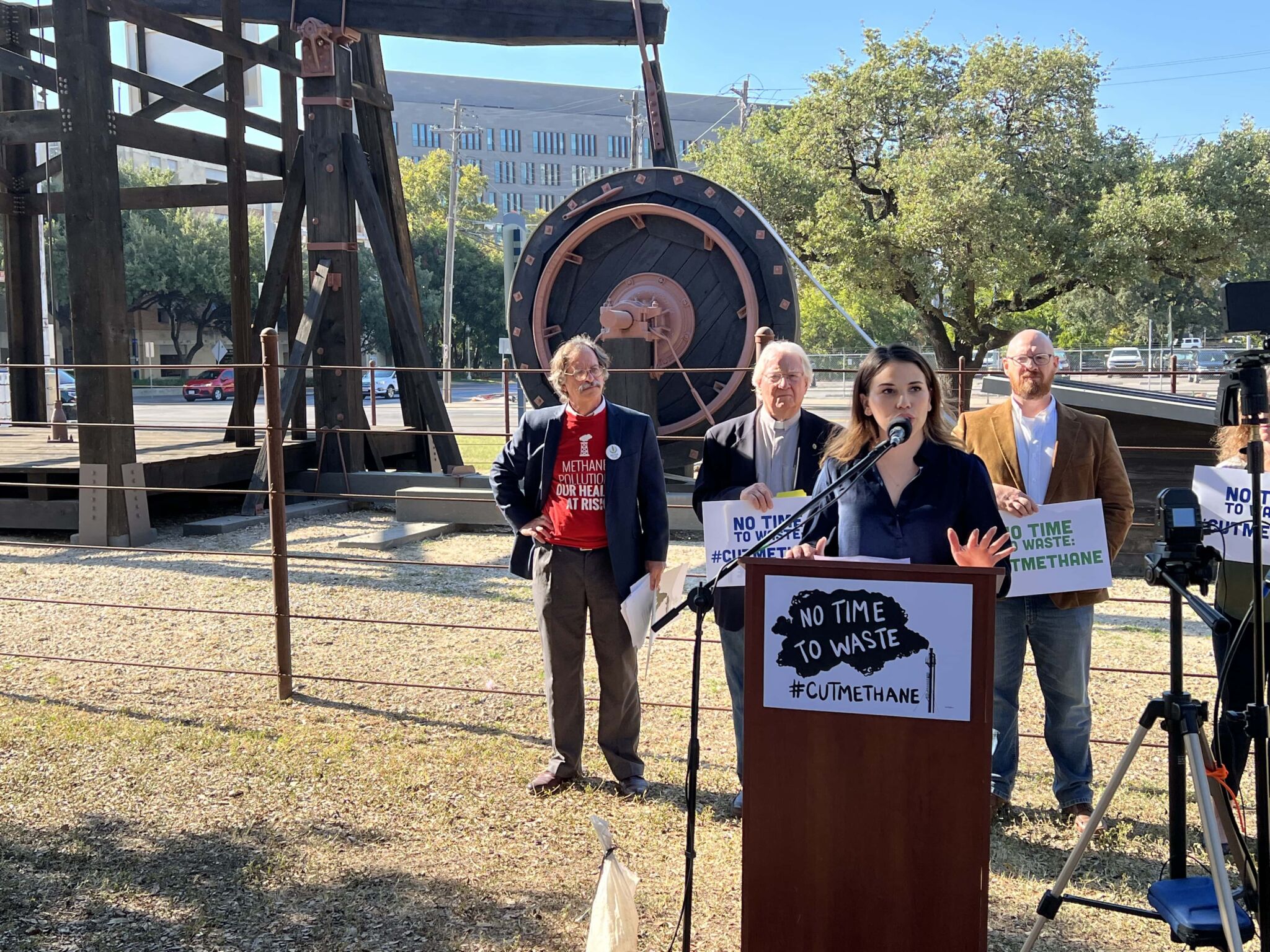
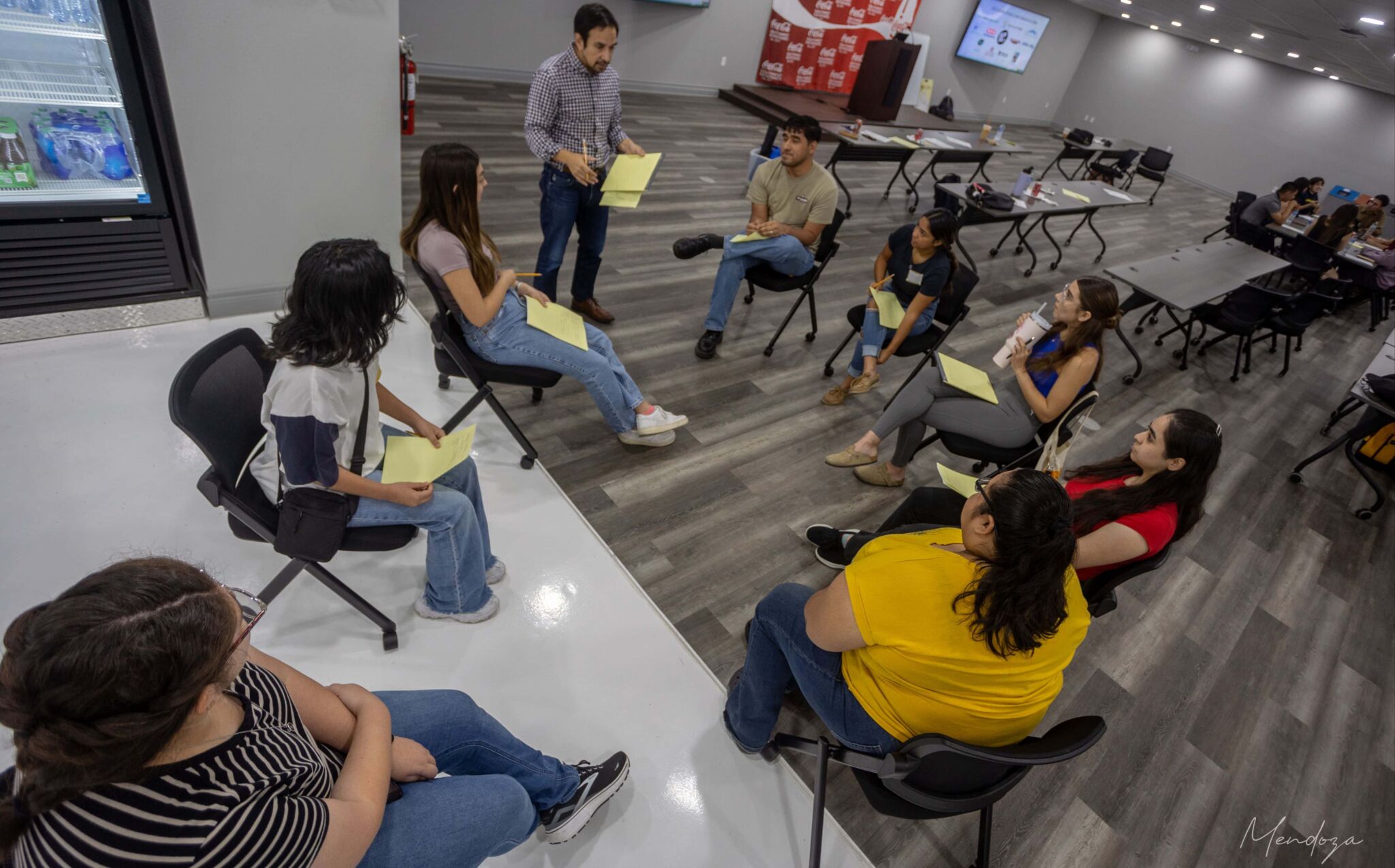
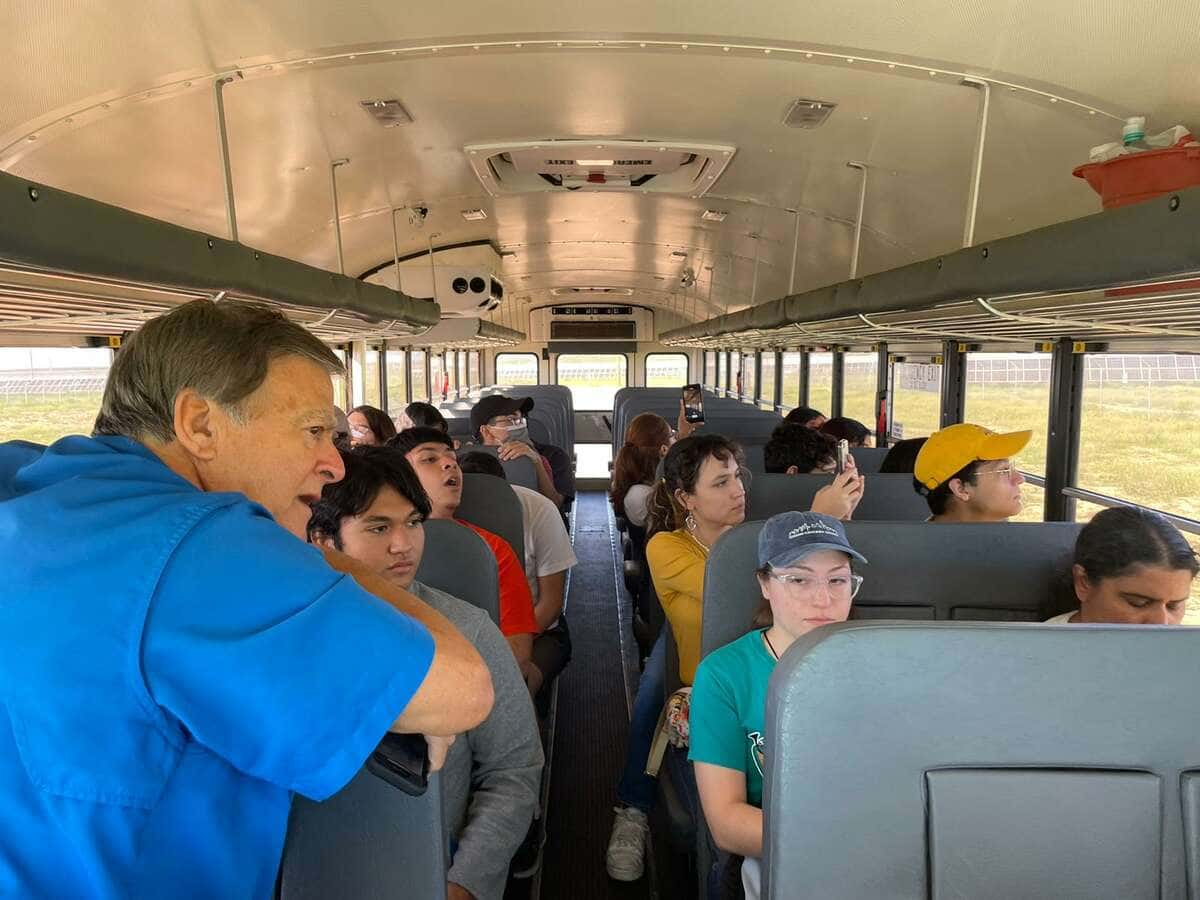
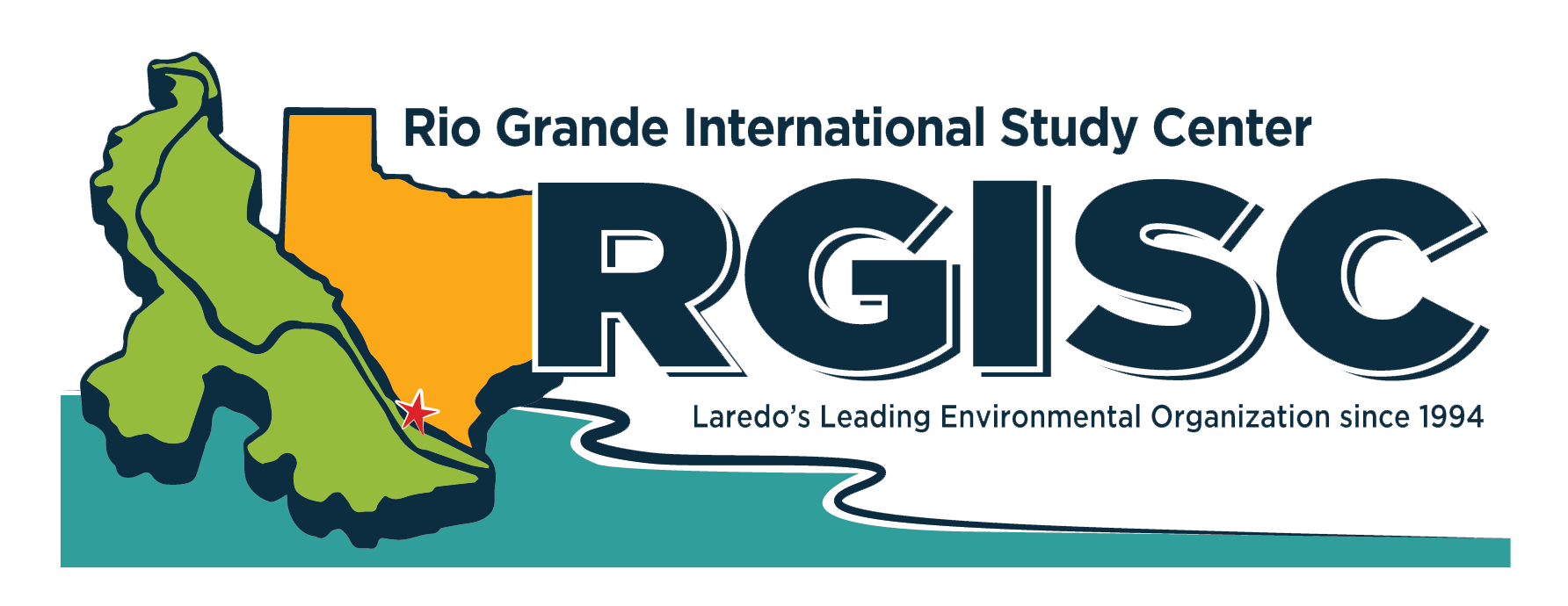
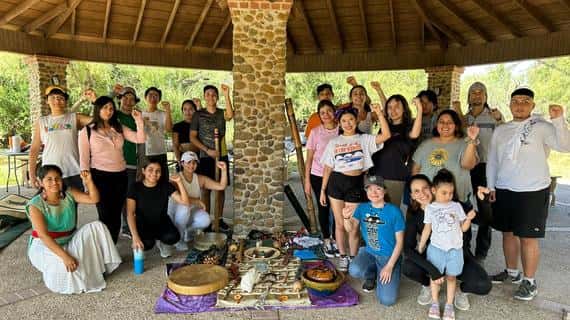
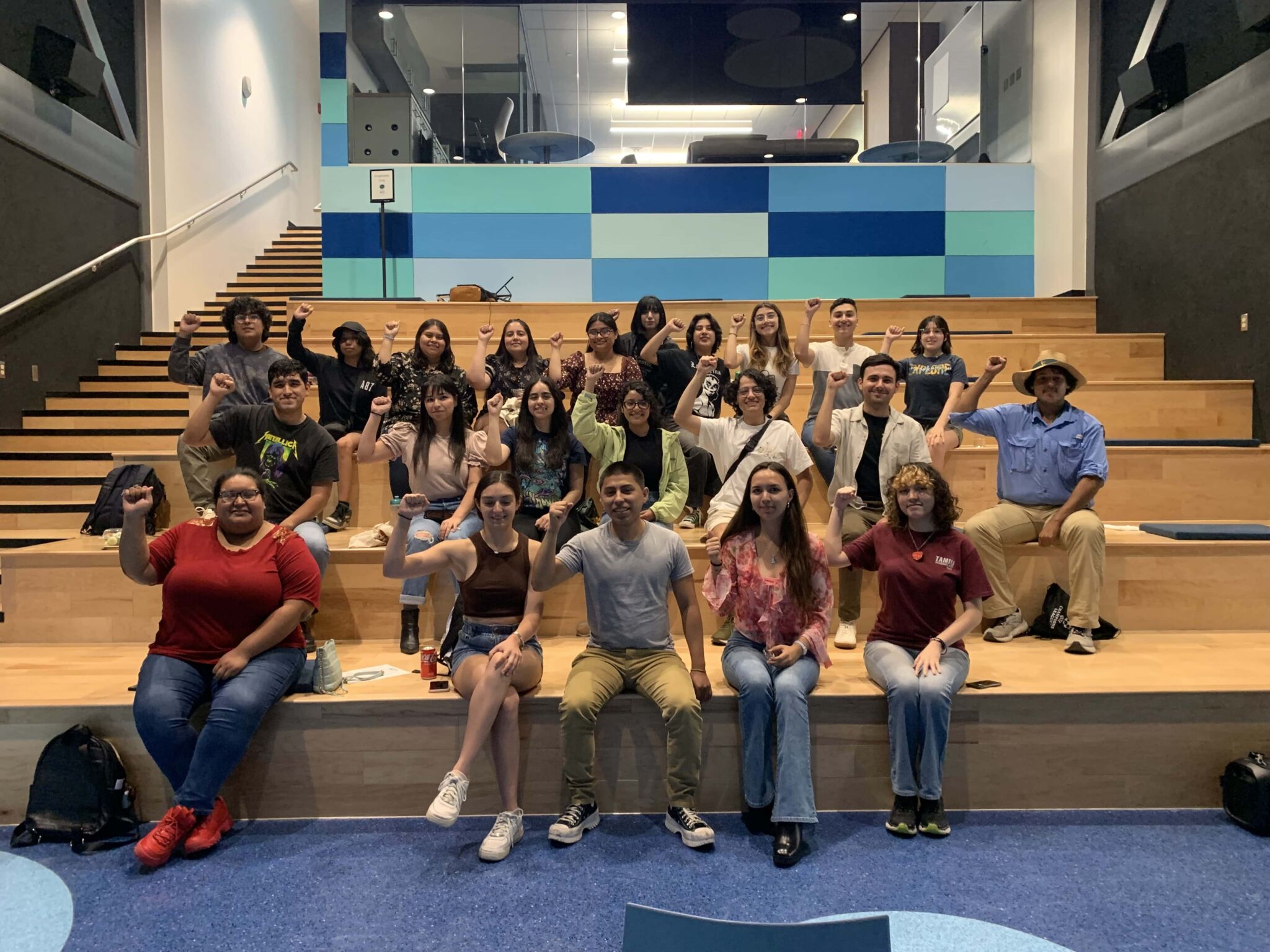
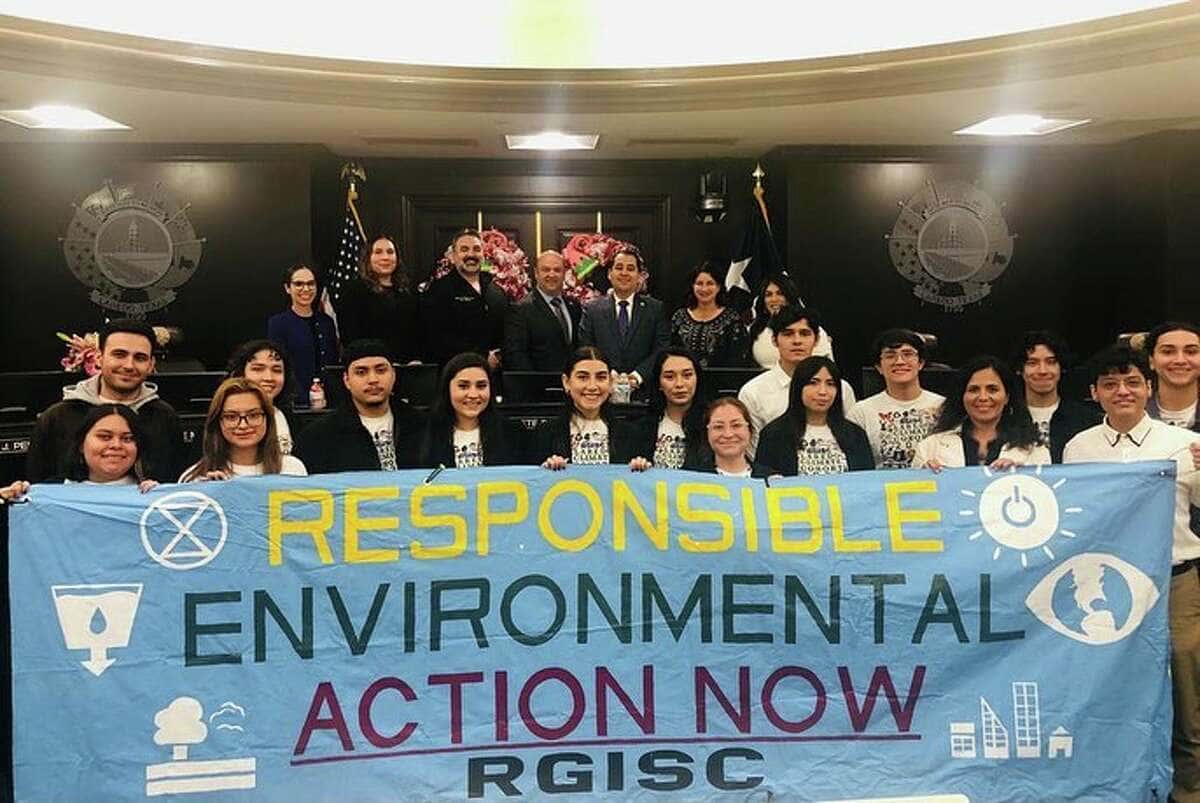
Rio Grande International Study Center
Laredo, TX
In 2021, Climate Nexus launched an Energy Equity Regranting Project to help resource organizations, tribes, and community leaders on the frontlines of climate change and the impactful work they are doing to fight the gas industry. The energy equity transition grants prioritize grassroots groups with an annual budget of $1 million or less to boost their efforts in racially, ethnically, gender, and culturally diverse communities across the United States and at the intersections of public health and energy justice.
In our second year running the program, 11 organizations received grants ranging from $20,000 to $40,000, including Rio Grande International Study Center, whose work is detailed below.
Overview
Based in Laredo, Texas, the Rio Grande International Study Center (RGISC) conducts independent research and community education to steward the environmental preservation and restoration of the Rio Grande Basin. They work with the local government and partner with nonprofits, schools, and the private sector to advance nature-based solutions.
Activities
Fighting Methane Venting and Flaring
Last November, RGISC celebrated the EPA’s draft updated methane rule to cut methane emissions from oil and gas plants and continued to advocate for the strongest possible regulation. Currently, there are two air quality monitoring stations in Laredo, but they only collect data on PM2.5 pollution. RGISC is addressing this gap in data by creating a hyper-local network of air sensors. They also recently purchased a FLIR camera, which they will use to undertake a 10-year methane emissions and flaring analysis in their region of South Texas.
Lobbying for a Climate Task Force
In 2022, RGISC worked with 23 local high school and college students to create a Climate Cohort, training them to understand the impact climate change has on Laredo. This skills-building program provided a space for students to participate in environmental activism. The student cohort lobbied Laredo’s city council to create the city’s first-ever Climate Task Force. RGISC has a seat on the advisory board and will be a crucial voice in determining the structure, bylaws, goals, and processes of the Climate Task Force.
Lessons Learned
Sheila Serna, RGISC Climate Science & Policy Director, reflected on the value of direct action and nature-based solutions over working within broken systems. “We have a better grasp of the direction we need to move in and push on these solutions or projects for climate resiliency. We know there has to be a way out of the box. And we have that right. I think that’s our number one thing. We need to protect our one and only water source and stop trying to fix the systems that put us in this position in the first place.”
Future and Sustainability
Sheila Serna reflected on RGISC’s plans. “We’re focusing now on restoring nature. We’re still going to fight the opposition, but we’re focusing on the good now. Right now, we’re also in a great moment with these IRA and AIG funds. The proposals we submit for these funds would be transformational and life-changing for Laredo. We’re really thinking through all of that. It all comes back to restoring nature and thinking of innovative ways to transition out of these very extractive ways.
Our one and only water source is the river. And so we’re very focused on making sure that our children and our grandchildren have water for the future. We can’t just throw our hands in the air and say, ‘oh, we got to look for a secondary water source, and a pipeline all the way to the Gulf for a diesel plant is the only option.’ We know there has to be a way out of the box. And we have that right.”





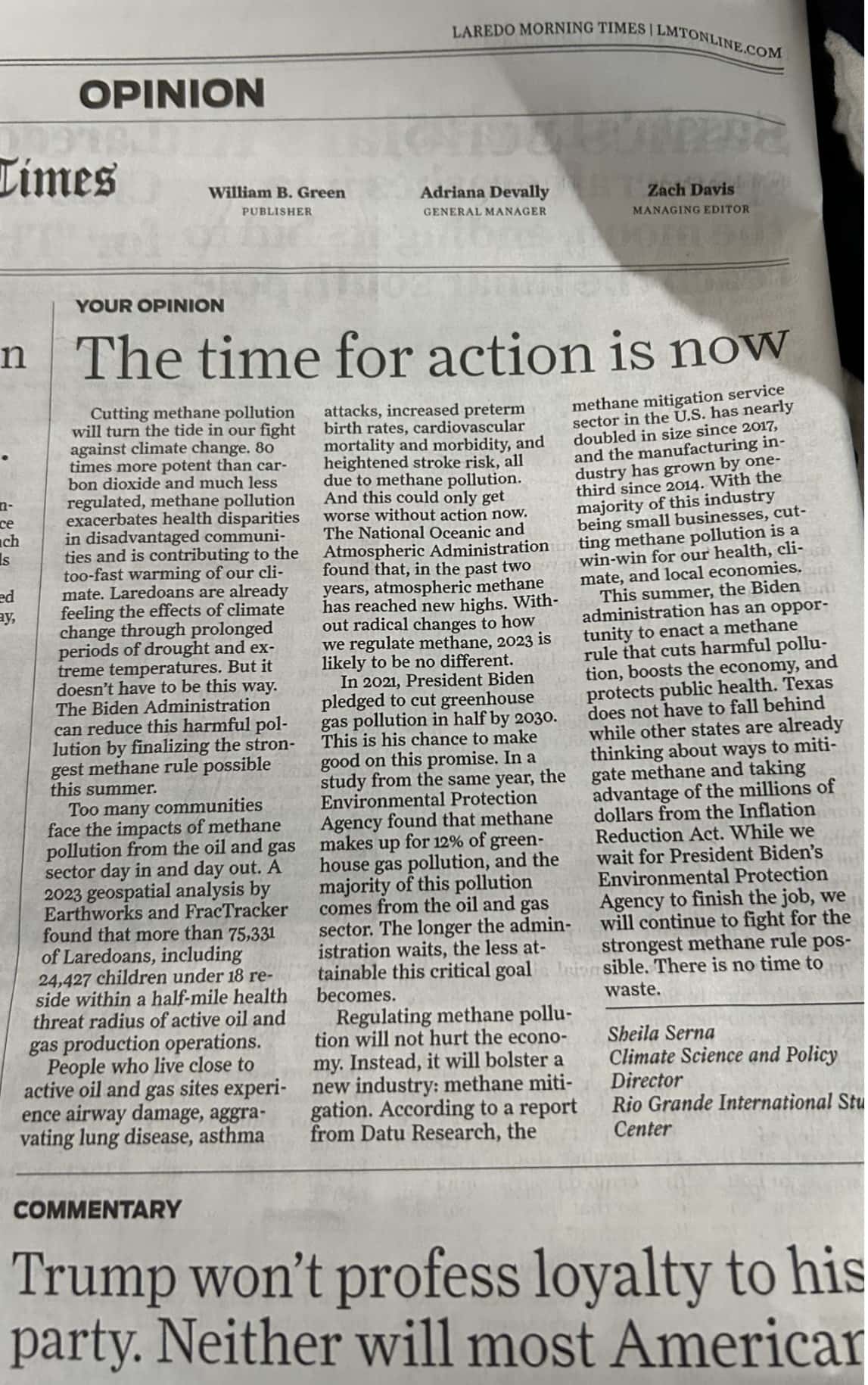

Filter Grantees by Year:
-
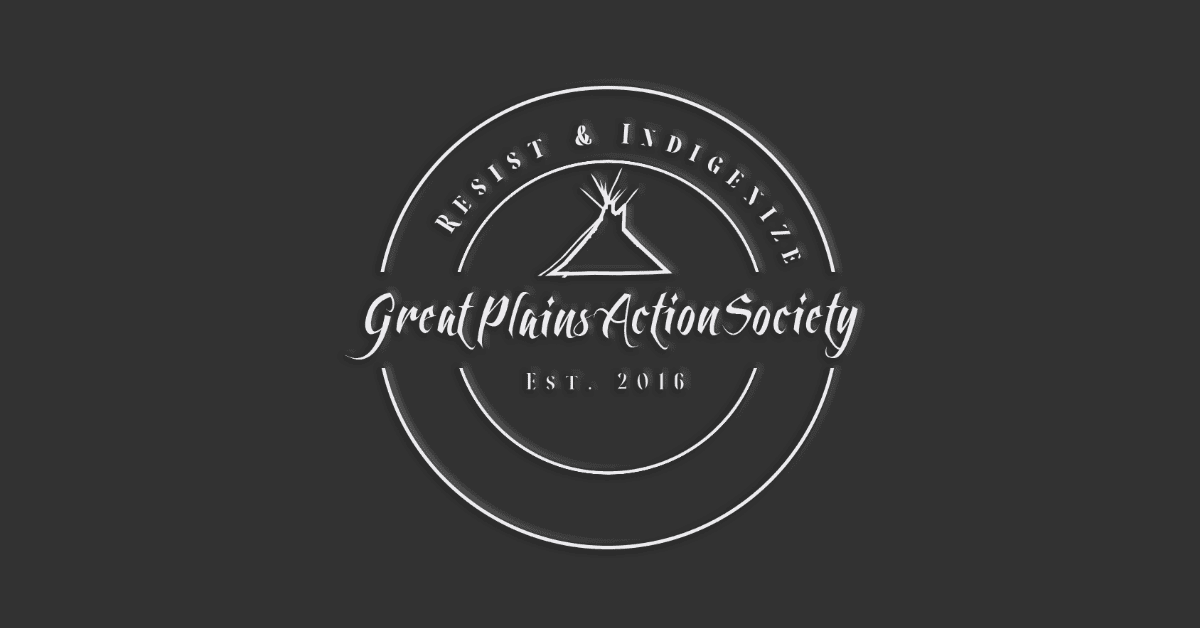
Great Plains Action Society
Great Plains Action Society addresses the trauma that Indigenous Peoples and the Earth face from colonial capitalism and works to prevent further violence.
-
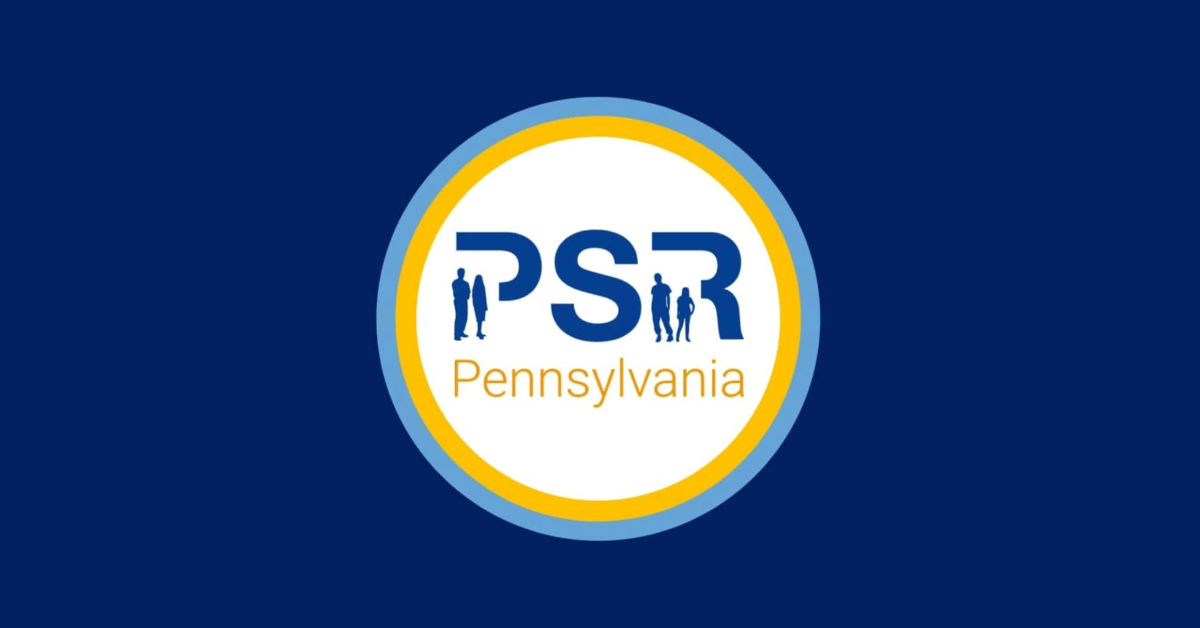
Physicians for Social Responsibility Pennsylvania
Physicians for Social Responsibility Pennsylvania has spent the past decade educating Pennsylvanians on the health dangers of the gas industry.
-

7 Directions of Service
7 Directions of Service is fighting to cancel the Mountain Valley Pipeline’s Southgate Extension and to advance Rights of Nature laws.
-
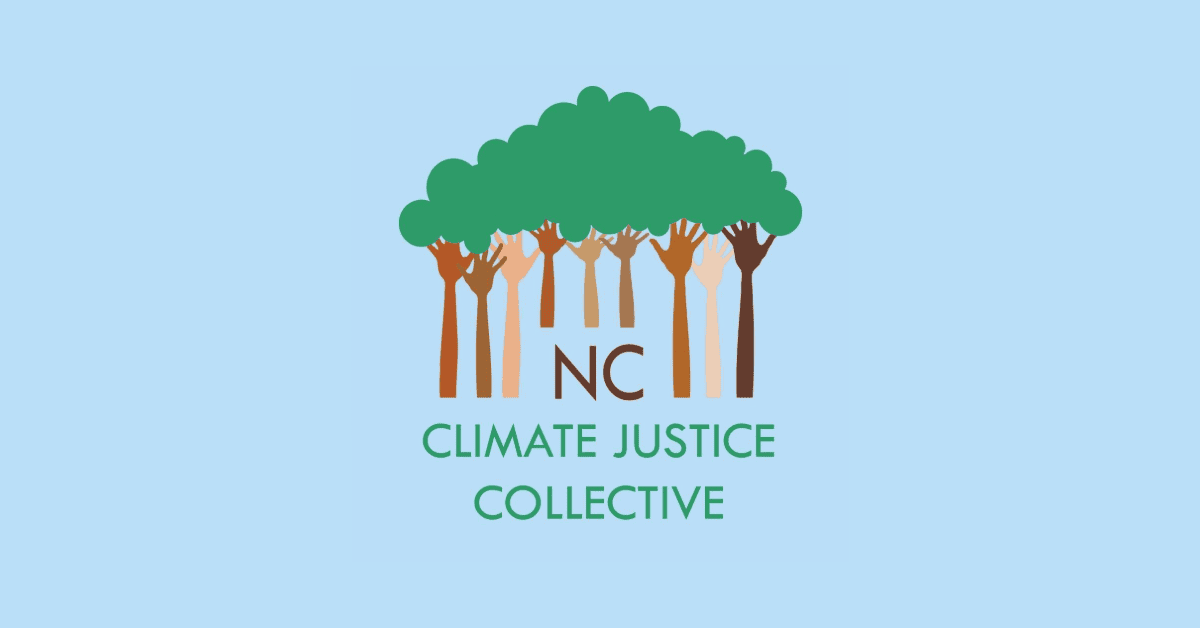
North Carolina Climate Justice Collective
NCCJC uses an intersectional approach to address environmental issues that directly impact North Carolinians living on the frontlines of extractive industries.
-

South Carolina Interfaith Power and Light
SCIPL develops programming and resources around food insecurity, high energy bills, electric vehicle infrastructure, and resilience hubs.
-
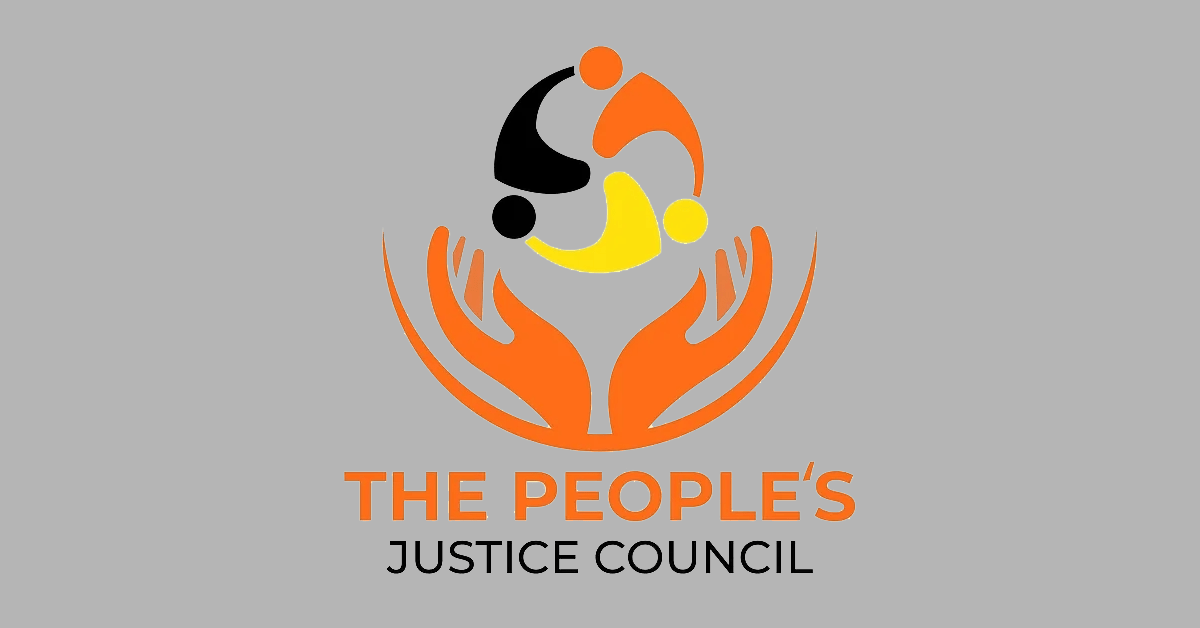
The People’s Justice Council
The People’s Justice Council is led by pastors, community organizers, and working professionals to create an equitable, sustainable, and just world.
-

Better Brazoria: Clean Air & Water
Better Brazoria: Clean Air & Water supports residents of Brazoria County by watchdogging petrochemical companies trying to export liquid “natural” gas.
-

Society of Native Nations
SSN works to recognize the existence of Native peoples in Texas, and contest the petrochemical buildout from the Permian Basin to the Gulf Coast.
-

Carrizo Comecrudo Tribe of Texas
The Carrizo Comecrudo Tribe travels throughout Texas, monitoring pipelines, disposal wells, ongoing border wall construction, and fracking/flaring violations.
-

Rio Grande International Study Center
RGISC conducts independent research and community education to steward the environmental preservation and restoration of the Rio Grande Basin.

